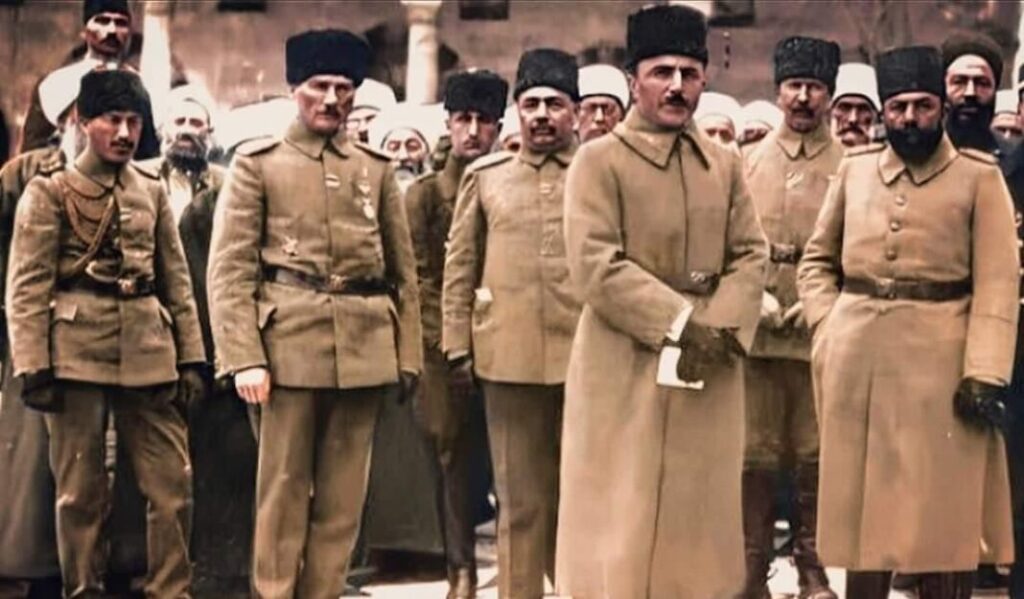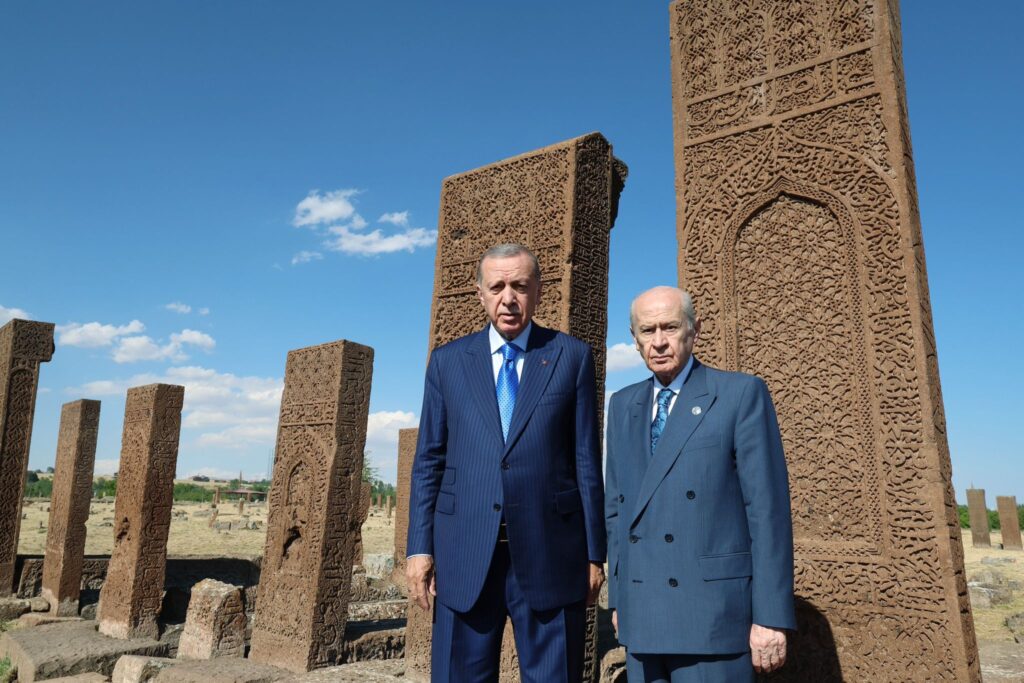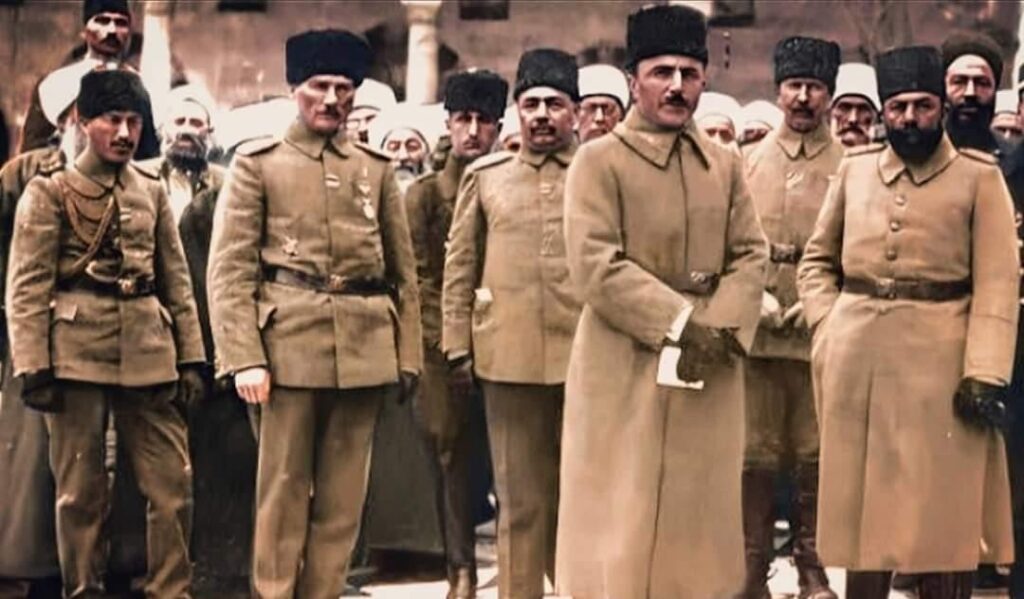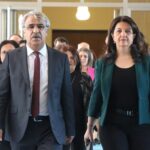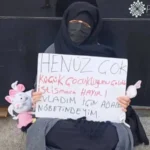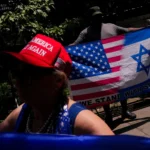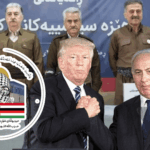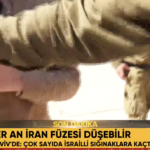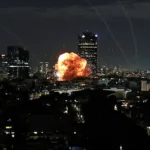Etyen Mahcupyan
The Turkish original of this article was published as 'Davete icabet' on 26th July 2015.
Turkey was expected to take its present steps against IS much earlier. No state in its right mind can be expected to enjoy sharing the same border with IS. This is particularly the case if your sociological base comprises elements and life styles favorable to the jihadist salafism of this organization. The question was to reach an understanding with the US over the scope and “depth” of the intervention. Now after the last two weeks’ negotiations the US appears to be much closer to Turkey’s stance. The border clash with IS and public reminders of Turkey’s standing rules of engagement have only served to provide a useful excuse.
At the same time, however, Turkey’s intervention has extended beyond IS to target Kandil, too, as well as the other camps ringing it. This reflects confirmation from the government side, too, that the Solution Process has come to an end. But actually, the government had long persisted in not terminating the process. The PKK was known to be hostile to the Solution Process, and it was further known to be bringing enormous pressure to bear directly on ordinary citizens and especially the business world in the East and Southeast. Nevertheless, the government tolerated this for as long as possible in the expectation that the HDP might adopt a relatively autonomous position and succeed in becoming a worthy interlocutor for itself.
However, the events that, starting from Kobane as a pretext, led to fifty deaths implied that the HDP was drifting towards becoming a spineless toy in the hands of the PKK. On the road to the elections indeed, the HDP openly abandoned the Solution Process to flaunt the banner of all-out hostility to the AKP. Even as they kept repeating that the search for a peaceful solution had become a state policy, they probably knew that this wasn’t really the case. For it was the AKP that had elevated a peaceful solution to the status of a “state policy,” and when you removed this firm resolve from the picture you couldn’t really say that there was any great desire for peace from the end of the state.
As for the aftermath of the elections, whenever Demirtaş tried to adopt a “different” stance he was promptly quashed by Kandil. But even this does not seem to have been enough, for the Kandil leadership also started calling for a “people’s revolutionary war” based on excuses that fully deserve to be described as ludicrous. Then after the Cizre [Suruç] massacre, when two policemen were murdered at home and the organization claimed to have carried it out as revenge for Cizre, it became absolutely clear that it was war that the PKK wanted.
The Kurdish political movement appears to have gradually moved towards converting an archaic left-romanticism’s collective suicidal instincts into an entire “strategy.” Their visions of being on the verge of creating their own state, complemented by believing even the US to be on their side, has led to a situation when they no longer have their feet on solid ground. Viewing Turkey through Iran’s lenses might have provided a seemingly rational framework up to a point, but after recent developments in US-Iran and US-Turkey relations we do seem to be at the doorstep of a new era.
Hence Turkey’s Kandil bombings should be seen as a sharply drawn line intended to set the stage for negotiations in this new phase. There is nothing that the PKK can do against IS by itself. If it does not want to lose everything that had come to seem within its grasp, it has to come up with the common sense required to be a part of this new stage. Turkey, on the other hand, has to be wise enough to realize that hurting the PKK does not necessarily mean “gains” for itself. Although the Solution Process has been terminated for the time being, politics, of course, has not exhausted itself, and can be re-opened at any moment subject to new conditions and circumstances.
From the outset, the problem has always been that the PKK was not and has not been “of Turkey.” But the vast majority of the Kurds still belong to Turkey, and it is the government that has to be responsible for keeping them that way.
Yazıyı beğendiysen, patronumuz olur musun?
Evet, çok ciddi bir teklif bu. Patronumuz yok. Sahibimiz kar amacı gütmeyen bir dernek. Bizi okuyorsan, memnunsan ve devam etmesini istiyorsan, artık boş olan patron koltuğuna geçmen lazım.
Serbestiyet; Türkiye'nin gri alanı. Siyah ve beyazlar içinde bu gri alanı korumalıyız. Herkese bir gün gri alanlar lazım olur.




